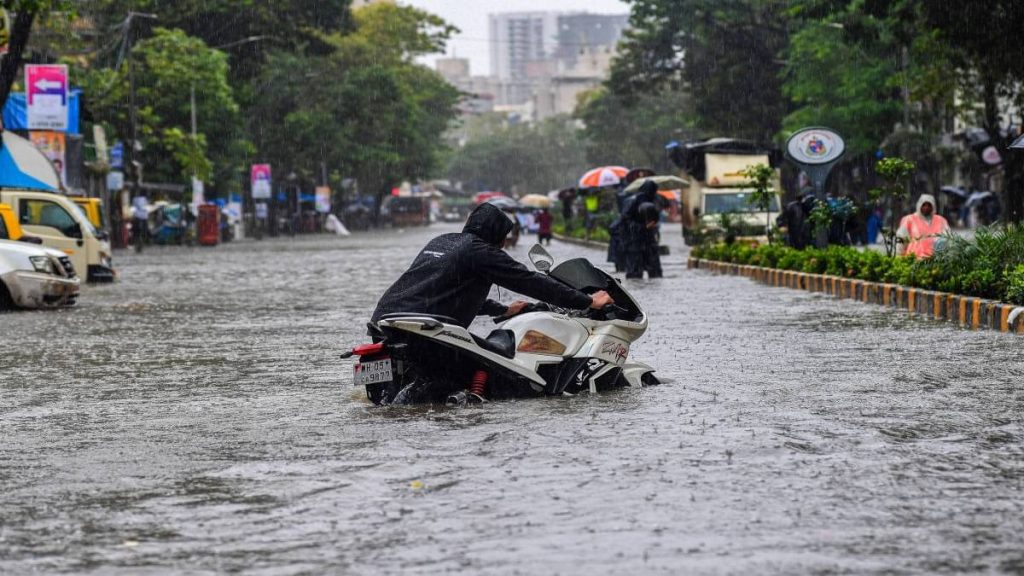Now Reading: Pakistan’s Informal E-Waste Recycling: An Unseen Environmental Challenge
-
01
Pakistan’s Informal E-Waste Recycling: An Unseen Environmental Challenge
Pakistan’s Informal E-Waste Recycling: An Unseen Environmental Challenge

Speedy Summary
- A study conducted by Mureed Kazim, the first researcher in pakistan to explore e-waste recycling nationally, reveals significant environmental and health risks tied to informal recycling practices across nine major cities.
- Informal methods like open burning of wires and acid baths for dismantling electronic components release toxic substances into air, water, and soil. Specific pollutants highlighted include Persistent Organic Pollutants (POPs) and brominated flame retardants (BFRs).
- 32 informal e-waste facilities where documented; contamination levels at these sites were six to ten times higher compared to unaffected areas. Karachi, Faisalabad, Lahore, and Gujranwala emerged as hotspots for pollution.
- A particularly hazardous chemical compound found was BDE-209; while current soil ingestion risks are below international safety thresholds, future environmental danger looms with rapidly increasing e-waste volumes.
- Pakistan produced over half a million tons of e-waste in 2022 but lacks formal management mechanisms prompting reliance on hazardous informal methods involving thousands of workers unaware of potential health consequences.
[Image: informal E-Waste Recycling Site]
!Informal E-Waste Recycling Site
Indian Opinion Analysis
The findings from this research highlight a critical issue relevant not only for Pakistan but also other developing nations that rely on informal recycling systems. For India-a leading producer of e-waste with its growing technological sector-the insights underline the urgent need for policies anchored by scientific evidence to prevent similar environmental crises. India’s approach must focus equally on economic imperatives without sacrificing worker safety or public health.
Despite international safety thresholds reportedly met in byproducts like soil exposure in current trends observed within Pakistani facilities-the rapid rise in waste generation suggests future risks if regulations are ignored globally economies thriving57


























